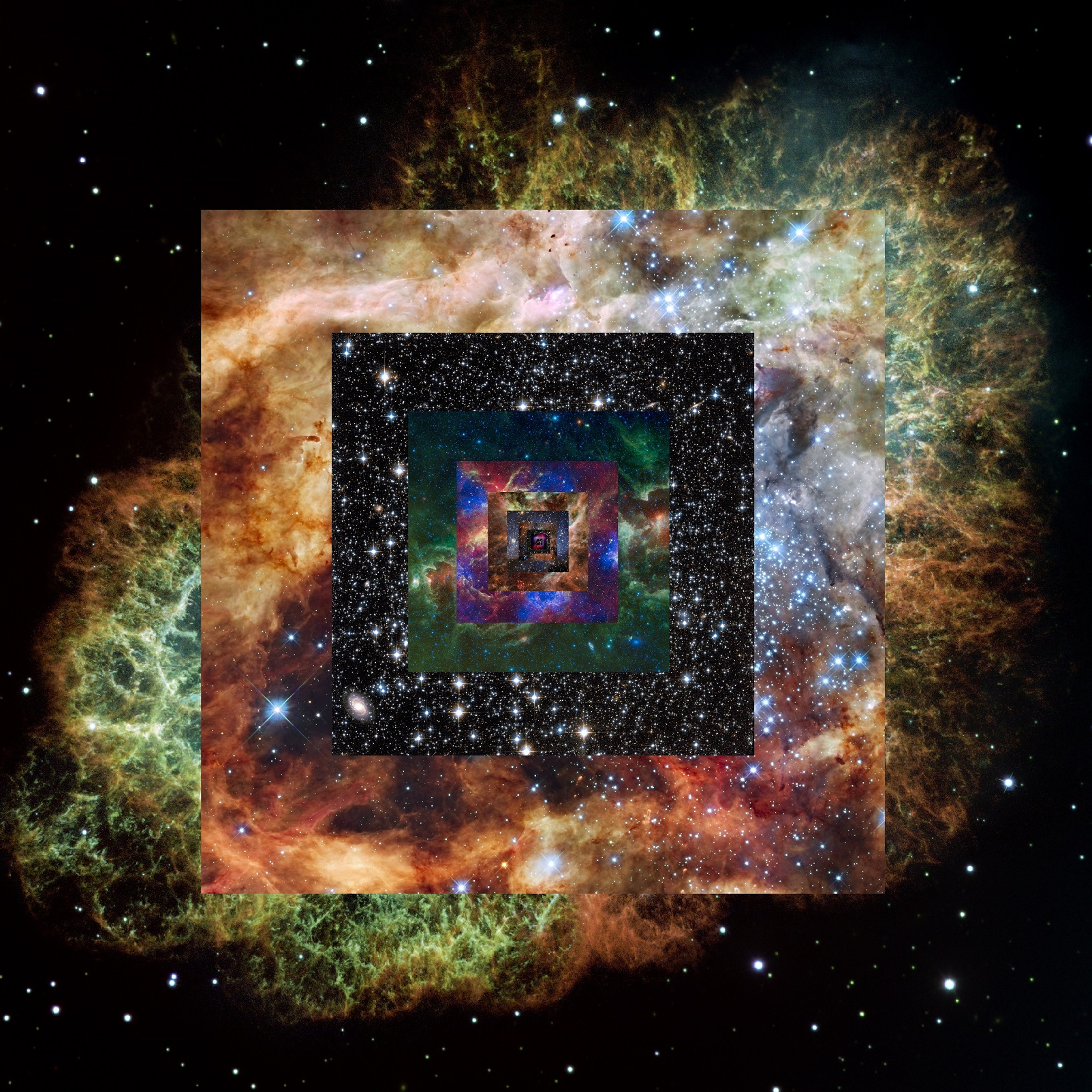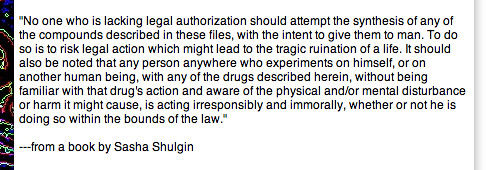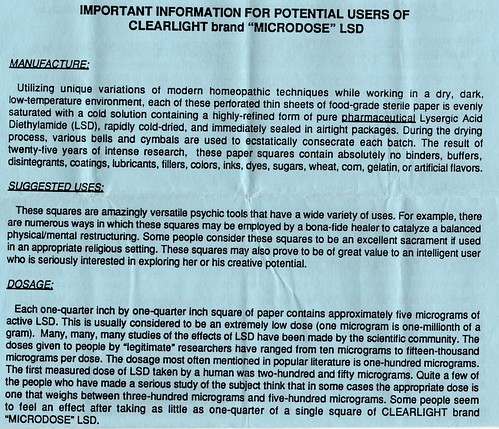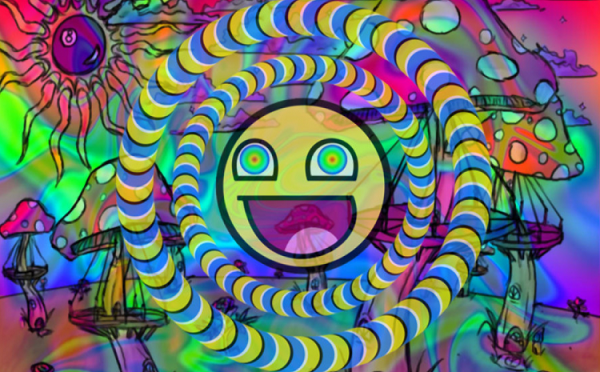
The incredible therapeutic properties of LSD have once again been confirmed in a recent Swiss study. It was the first therapeutic study on LSD to take place in 40 years. The study specifically focused on treating anxiety associated with life-threatening illnesses. Psychotherapy was also used in conjunction with LSD to treat participants’ anxiety.
Related Article: Afraid to Wake Up? Conquering Fear and Life
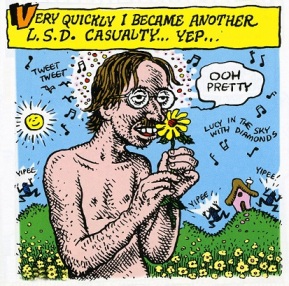
12 participants in total were involved in the study. Amazingly, every single participant reported experiencing major decreases in anxiety levels due to the LSD-assisted psychotherapy. These decreases in anxiety persisted even 12 months after being administered the LSD. Furthermore, no negative effects were reported by any of the participants. The study was led by Peter Gasser, M.D., who stated that,
…we had in 30 sessions (22 with full dose 200 μg LSD and 8 with placebo dose 20 μg LSD) no severe side effects such as psychotic experiences or suicidal crisis or flashbacks or severe anxieties (bad trips)…That means that we can show that LSD treatment can be safe when it is done in a carefully controlled clinical setting.
Subjects receiving 200 µg LSD and psychotherapy, compared to an active placebo of 20 µg LSD, experienced a reduction in anxiety. Because the reduction in anxiety was still present at a 12-month follow up, Gasser believes that LSD has incredible potential for treating a whole array of psychological conditions. This study is particularly remarkable because unlike previous studies on the efficacy of LSD-assisted psychotherapy, this study employed a random, double blind active placebo.
Related Article: Psychiatrists Cannot Distinguish the Sane From Insane
Researchers noted that one of the most important aspects of the study was that the participants were able to freely contemplate and discuss their experiences while under the effects of LSD, as well as after the trip had ended. A structured and supportive environment appears to be crucial in attaining psychological benefits as well as ensuring that a “bad trip” doesn’t occur.

Psychedelics of all types have been studied and found almost across the board to be incredibly safe and highly effective tools in psychotherapy. Despite this clearly illustrated fact, psychedelics continue to be irrationally feared and demonized in the same ignorant fashion as cannabis. Interested in LSD? Let’s go for a trip.
Related Article: The Extraordinary Benefits of Psilocybin in Magic Mushrooms
Psychedelics such as LSD, mescaline, and psilocybin do not cause brain damage and are considered by medical professionals to be non-addictive. Over 30 million people currently living in the US have used LSD, psilocybin, or mescaline.
Lysergic acid diethylamide, or LSD, was discovered accidentally by Albert Hoffman on April 16, 1943. He had actually unintentionally created it 5 years prior while attempting to synthesize potentially medicinal active constituents from ergot fungus, a fungus that grows on rye. For 5 years the synthesis collected dust until he decided to reexamine it. While reexamining the LSD a small amount was absorbed into Hoffman’s fingertip. He describes his experience:
Last Friday, April 16,1943, I was forced to interrupt my work in the laboratory in the middle of the afternoon and proceed home, being affected by a remarkable restlessness, combined with a slight dizziness. At home I lay down and sank into a not unpleasant intoxicated-like condition, characterized by an extremely stimulated imagination. In a dreamlike state, with eyes closed (I found the daylight to be unpleasantly glaring), I perceived an uninterrupted stream of fantastic pictures, extraordinary shapes with intense, kaleidoscopic play of colors. After some two hours this condition faded away.
Hoffman was intrigued, and three days later he tried it again, marking April 19, 1943 as the first day a human being ever intentionally consumed LSD. This day is now known as “Bicycle Day,” because Hoffman rode his bike home while he was tripping. Hoffman and his wife spent the rest of their lives advocating the use of LSD, psilocybin, and other psychedelics in the field of psychotherapy. Below is a documentary on LSD which focuses on Albert Hoffman.
The effects of LSD last for 6-11 hours on average. This time period is dependent on various factors such as dosage and body mass.
|
 |
|||||||||||||||||||||
- mental and physical stimulation
- increase in associative & creative thinking
- mood lift
- increased awareness & appreciation of music
- sensory enhancement (taste, smell, etc)
- closed- and open-eye visuals, including trails, color shifts, brightening, etc.
- life-changing spiritual experiences
- therapeutic psychological reflection
- feeling of oceanic connectedness to the universe; blurring of boundaries between self and other
- general change in consciousness
- pupil dilation
- difficulty focusing
- increased salivation and mucus production (causes coughing in some people)
- unusual body sensations (facial flushing, chills, goosebumps, body energy)
- unusual thoughts and speech
- change in perception of time
- quickly changing emotions (happiness, fear, gidiness, anxiety, anger, joy, irritation)
- slight increase in body temperature
- slight increase in heart rate
- increase in yawning (without being tired)
- looping, recursive, out of control thinking
- anxiety
- tension, jaw tension
- increased perspiration
- difficulty regulating body temperature
- nausea
- dizziness, confusion
- insomnia
- megalomania
- over-awareness & over-sensitization to music and noise
- paranoia, fear, and panic
- unwanted and overwhelming feelings
- unwanted life-changing spiritual experiences
- flashbacks
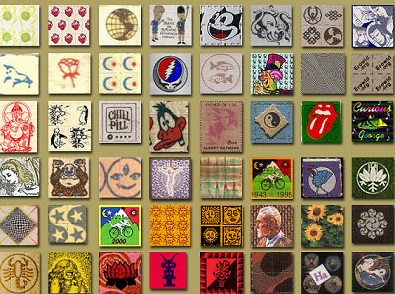
Clearly a controlled setting is essential in attaining positive therapeutic results when using LSD. While a “bad trip” is always possible, carefully controlling set and setting can virtually guarantee a positive, life altering experience. As researcher Teri Krebs from the Norwegian University of Science and Technology’s (NTNU) Department of Neuroscience explains,
Everything has some potential for negative effects, but psychedelic use is overall considered to pose a very low risk to the individual and to society. Psychedelics can elicit temporary feelings of anxiety and confusion, but accidents leading to serious injury are extremely rare. Early speculation that psychedelics might lead to mental health problems was based on a small number of case reports and did not take into account either the widespread use of psychedelics or the not infrequent rate of mental health problems in the general population. Over the past 50 years tens of millions of people have used psychedelics and there just is not much evidence of long-term problems.
It is extremely difficult to describe a psychedelic experience, largely because it is so utterly strange relative to the state of consciousness we normally operate in. In a book called The Psychedelic Experience, Timothy Leary, Richard Alpert (Ram Dass) and Ralph Metzner describe a psychedelic trip.
A psychedelic experience is a journey to new realms of consciousness. The scope and content of the experience is limitless, but its characteristic features are the transcendence of verbal concepts, of spacetime dimensions, and of the ego or identity. Such experiences of enlarged consciousness can occur in a variety of ways: sensory deprivation, yoga exercises, disciplined meditation, religious or aesthetic ecstasies, or spontaneously. Most recently they have become available to anyone through the ingestion of psychedelic drugs such as LSD,psilocybin, mescaline, DMT, etc. Of course, the drug does not produce the transcendent experience. It merely acts as a chemical key — it opens the mind, frees the nervous system of its ordinary patterns and structures.
Related Article: Mystery of Death Solved: DMT is the Key
LSD and other psychedelics have the potential to wildly alter a person’s life in extraordinary ways. A great example of this is illustrated by the drastic reduction in recidivism when US prisoners are given just one dose of LSD under the guidance of a trained professional. A recent study on recidivism rates among substance abusing community offenders found that the use of hallucinogens during therapy had incredible success in curbing anti-social behavior and treating addiction. This is great news since the United States has more prisoners than any other country in the world. In many states recidivism rates can be as high as 78%.
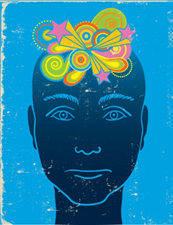
The fact is that LSD is awesome, as long as it is used in the right way, and under the right circumstances. Then again, the same applies to everything. Hammers are awesome, unless you are using them to break toes at a 5 year old’s party. Noodles are awesome, unless you’re using them to poke people in the eye at a local library. LSD is awesome, as long as it is used by an experienced user or under the guidance of a trained professional.
Related Article: Private Prison Sues State for Not Having Enough Prisoners
Even the CIA is interested psychedlics such as in LSD. MKUltra wasn’t performed just for fun after all. Too bad the CIA was too busy trying to use LSD as a mind control device to recognize its value in giving aid to ailing minds.
Below are two interviews from the 1950s of people who were asked various questions while under the effects of LSD. Although they provide only minimal insight into the actual psychedelic experience, they are interesting to watch nonetheless.
And a more recent one for good measure:
Expand your mind, mind your expansion. Be always growing.
Sources:
http://maps.org/pdf/LDA1_FINAL_CSR_20Aug13.pdf
http://psychedelicfrontier.com/2014/01/maps-completes-first-new-therapeutic-lsd-study-in-40-years/
http://www.psychedelic-library.org/child1.htm
http://www.erowid.org/chemicals/lsd/lsd_effects.shtml
http://jop.sagepub.com/content/28/1/62.abstract
http://www.bjs.gov/index.cfm?ty=tp&tid=17
http://en.wikipedia.org/wiki/Project_MKUltra
http://www.cracked.com/blog/five-fun-facts-about-the-cia-and-lsd/
http://www.ntnu.edu/news/2013-news/lsd-survey
http://www.plosone.org/article/info%3Adoi%2F10.1371%2Fjournal.pone.0063972
